by Abel Anderson, edited by Dr. Joe Miskin Ajax ON at drjoemiskin.comVANCOUVER – Orthodontics is a dental specialization that corrects any jaws or teeth that are not positioned properly. If you have crooked teeth, or teeth that are not able to fit together properly, then they will be much more difficult to keep clean and may be lost early due to the development of periodontal disease, tooth decay and the fact that they may cause additional stress on the muscles used to chew that may lead to frequent headaches. Additionally, teeth that are not in the right place or crooked may detract from your appearance.When you receive orthodontic treatment, you can achieve a healthier mouth, a better appearance, and teeth that are much more likely to last an entire lifetime.Who Needs Orthodontic Treatment?In most cases, your dentist will be able to let you know if you would benefit from orthodontic treatment. These determinations will be based on a number of diagnostic tools that will include a complete dental and medical history, plaster models of your teeth and a clinical exam. If you are in need of orthodontic treatment the dentist will develop a custom treatment plan for your particular needs.Some of the following conditions will qualify you for orthodontic treatment:Overbite: This is often called buck teeth, where your upper teeth stick out over your lower teeth.Underbite: This creates a bulldog type of appearance where your lower teeth are further forward than your upper teeth.Crossbite: This occurs when your upper teeth are not able to come down a little in front of your lower teeth when you bite down normally.Spacing: If you have any spaces or gaps in your teeth due to missing teeth or teeth that are unable to fill your mouth up.How Orthodontic Treatment WorksThere are a number of different types of appliances, some that are removable, some that are fixed, which are able to be used to move your teeth, retain the muscles and affect your jaw growth. The appliances that are placed will work by emitting a small amount of gentle pressure on your jaws and teeth. Some of the most common types of fixed appliances include:Braces: Used for moving your teeth into the proper position.Special fixed appliances: For controlling tongue thrusting or thumb sucking.Fixed space maintainers: For babies who lose teeth early.There are also a number of different removable orthodontic appliances used, including aligners; jaw repositioning appliances; removable space maintainers; cheek and lip bumpers; palatal expander; headgear; and removable retainers.Finding the Right practitioner is importantOne of the most important things you will need to do when trying to correct your teeth issues is to find the right dentist. You may be surprised to learn just how many different ones there are in your area. Before you select one, you will have to take some time to research their credentials. Neglecting to research a particular dentist or orthodontist before using them will only lead to more problems. The work that you put into finding the right dental professional will more than pay off in the long run. Looking online will allow you to see what type of comments former patients have left.Each type of orthodontic treatment and appliances has a specific purpose, which can help you to achieve a better looking and functioning smile. If you believe you may need orthodontics, you should schedule an appointment with your dentist, who will be able to evaluate your condition for a definite answer.
3 Things You Need to Know About Orthodontics

